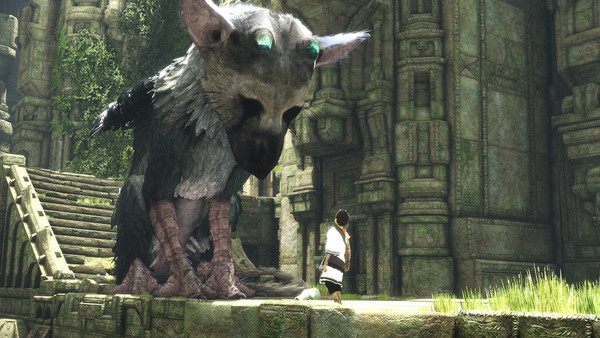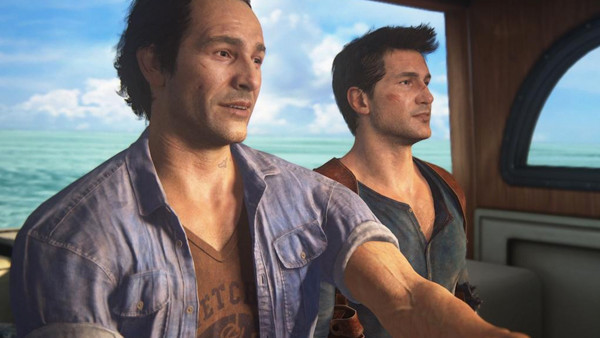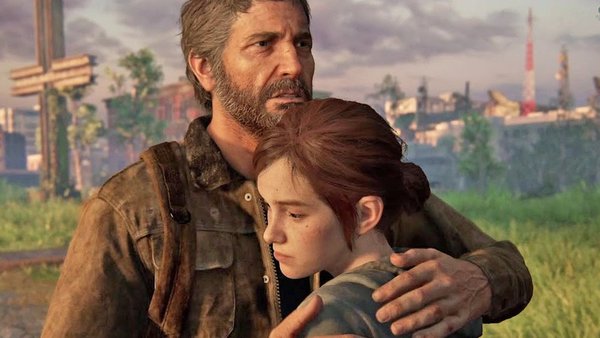The Problem With AAA Game Design
Developing... Developing... Developing...

Though new, smaller indie releases hit digital stores on a regular basis, and often offer unique presentation and fresh gameplay mechanics, it seems the financially fortunate AAA developers are taking longer to develop, refine and release their brainchild to the public. Annual releases of the universally revered Grand Theft Auto series are wishful thinking in 2020, as each new release of gaming's historically controversial series is carefully crafted and meticulously scrutinised before it reaches its release date.
Sprawling open worlds rich with detail, packed with enticing side quests and wrapped in a jaw-dropping setting are the chosen design for plenty of developers as we inch further into the 21st century, and as such require more time to complete. Link's quest to defeat the evil Ganondorf in 1998's Ocarina of Time brought with it a mesmerising land to traverse. Rolling through Hyrule Field evoked a sense of wonder, and despite the limited side activities to complete, the open-ended nature of its design conjured a thirst for the non-linear that the industry as yet to shake off.
However, linear tales like Uncharted, Max Payne and Persona are often far more refined in the narrative department, and though they are often a sight to behold graphically, their closed approach to level design suggests that less time is needed to work on it.

Uncharted's incredible set-pieces, intimate character development and witty dialogue propel the series to greatness; the core gameplay is nothing special. The simplistic third-person cover-based shooting pales in comparison to the excellent Gears of War combat but thankfully, Uncharted's gameplay is good enough to not warrant much further scrutiny. For all of Uncharted 4's praise (as justified as it is), it didn't need a stealth system to elevate the gameplay. Crowds flock to the series for glitzy blockbuster action, and itches for intricate stealth mechanics are usually satisfied by the superb Metal Gear games. Taking on gameplay additions that do nothing but prolong the playtime are a waste of resources, and as the days turn into weeks, the consumer is left waiting for a game that simply didn't need to take as long as it did to develop.

The pressure of fan expectations can be a catalyst for higher goals and better attention to detail for a handful of AAA development cycles but, as seen with The Last of Us Part II and the astronomically anticipated Cyberpunk 2077, excessive pressure from fans and publishers alike can lead to development crunches that could very well jeopardise the wellbeing of the development team.
Chasing perfection in an industry as unforgiving as video games can be is a mightier task than many companies are capable of achieving, and the scrutiny and criticism that comes with unmatched expectations is startlingly often and always harsh. Dampening the lofty goals of AAA development would not only serve to shorten the development cycle and temper expectations, but also ensure that those who contribute to the project are sufficiently rested.
More production time creates higher anticipation for a game's release, and though such games are often quality products, the end product was never going to live up to the hype. Establishing an enjoyable gameplay loop is vital to a series' success, but once such a feat is achieved there's no honour in leaving a game in the development oven for longer than it needs.